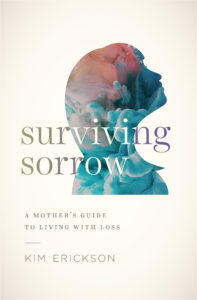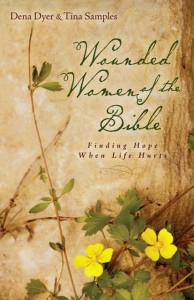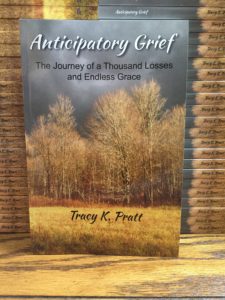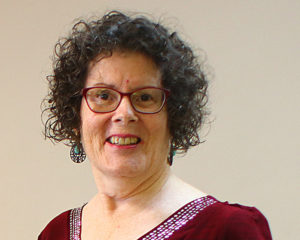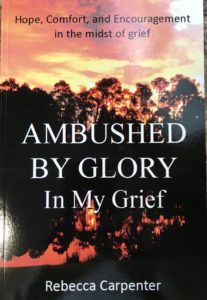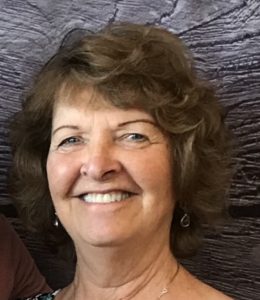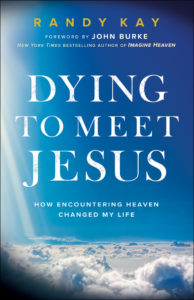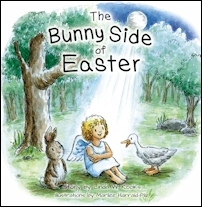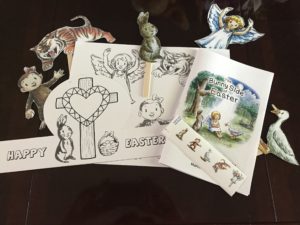 As we approach Easter and the celebration of the resurrection, we first come to the cross.
As we approach Easter and the celebration of the resurrection, we first come to the cross.
For before the victory is the pain and suffering.
If we are among those who have suffered rejection, we meet there a Savior who knows our pain. For not only did Jesus suffer the pain of an excruciating death on the cross and the unrelenting harassment by his enemies, but during his most horrific moments of his earthly life, HE ALSO EXPERIENCED REJECTION FROM THOSE CLOSEST TO HIM.
As he was marched to his execution, where were his disciples, the men He had loved and poured His life into for the past three years?
THEY HAD DESERTED HIM, scattered in fear and confusion. One of them had betrayed Him, taken the sweet privilege of walking beside Him, enjoying his companionship, and listening to His personal confidences and used this intimacy to turn him into his enemies.
Another, Peter, who had vowed to fight for Him, never to leave Him crumbled at the simple questioning and accusations of a humble servant girl, swearing to her that HE DIDN’T EVEN KNOW HIM. Then, in shame, he too had run away.
Of the twelve, only the disciple John stood by him. And, indeed, his mother.
Yes, JESUS KNEW REJECTION. He knows our pain. And He comes to us as He did long ago to heal us, comfort us, and give us a newness of life. For those of us who felt the stab of betrayal or rejection from spouses who vowed to love us for a lifetime, we are not alone. The very God of the Universe, the One who created us, and told us He came to heal the brokenhearted and bind up our wounds knows the pain of rejection from those closest to him on this earth.
Sometimes on this desolate journey, we feel all alone. No one seems to understand just how painful rejection can be when a spouse turns their back on us. We don’t know where to turn, who to talk to. But as we come to the cross, as we look up to the One who spilled out his blood on our behalf, whose love bleeds sacrificially into the healing of our hearts, we can know WE HAVE A SAVIOR WHO DOES UNDERSTAND. He’s been there. He’s felt our pain. He loves us, and He promises to heal our broken hearts.
This Easter, experience your Savior’s love as a personal gift to you. Let the love He offered on the cross heal the wounds of rejection.
And as the salve of love binds up your heart, allow yourself to capture the beautiful climax of what happened next. JESUS SHOWS US THAT REJECTION AND PAIN ARE NOT THE END. That with Him beside us, there is victory. Let Him comfort you in your pain, but through His resurrection, let Him also show you the path to the abundant life He so desperately wants you to have. He wants so much for you to experience the wonderful new life He has for you that He died to give it to you.
If you’re looking for more help to heal your broken heart, I pray my book, Broken Heart on Hold, Surviving Separation, can help fill in the gaps.
